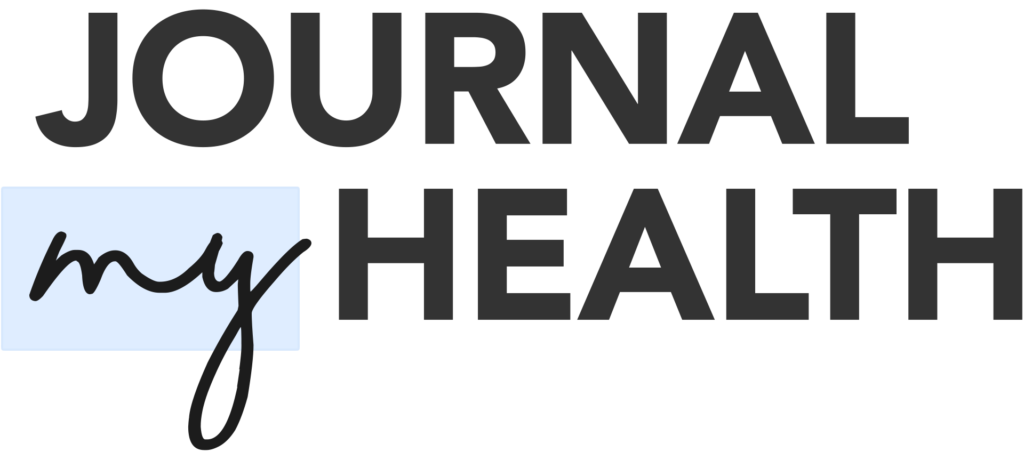About Patient-Generated Data
Patient-generated data refers to health data that is collected and recorded by patients themselves, often through wearable devices or mobile apps. The benefits of patient-generated data are numerous and can have a positive impact on patient care and health outcomes.
One of the main benefits of patient-generated data is that it can provide healthcare providers with a more comprehensive picture of a patient’s health. By collecting data on symptoms, vital signs, and other health metrics, healthcare providers can gain insights into a patient’s condition that might not be evident through traditional diagnostic methods. This can lead to more accurate diagnoses and more effective treatment plans.
Patient-generated data can also help patients become more engaged and active participants in their own healthcare. By tracking their health data and sharing it with their healthcare providers, patients can gain a better understanding of their condition and learn how to manage it more effectively. This can lead to improved self-management skills and better health outcomes over time.
Another benefit of patient-generated data is that it can help healthcare providers monitor patients remotely. This can be particularly useful for patients with chronic conditions who require ongoing monitoring and care. By collecting data on a patient’s condition remotely, healthcare providers can intervene more quickly if a patient’s condition worsens, potentially preventing hospitalizations and other costly interventions.
Finally, patient-generated data can also help researchers and healthcare organizations identify trends and patterns in health data that might not be apparent through traditional methods. This can lead to new insights into disease prevention and management, as well as the development of new treatments and technologies.
Patient-generated data has the potential to revolutionize healthcare by providing a more comprehensive view of a patient’s health, empowering patients to become more active participants in their own healthcare, and enabling healthcare providers to monitor patients remotely and intervene more quickly if necessary.
Survey Findings
Journal My Health conducted a survey to collect information about how people currently track their health data. The insights are summarized here.
According to the data collected, a significant number of chronic disease sufferers regularly track their health data. About 64% of respondents (n=117) indicated that they regularly track their symptoms, with 50% tracking daily and 27% tracking at least once a week. From this survey, 33% of respondents use Journal My Health (JMH) to track their health data. The average number of entries per month for active JMH users is 8.8.
The benefits of tracking health data, as cited by respondents, include better understanding of trends, triggers, and patterns (68%), better organization of health data for discussions with healthcare providers (58%), better recall of information between doctors’ appointments (48%), feeling more in control of their health (45%), and better definition of vague issues or symptoms (42%). The most common reason for tracking health data is to better understand and manage a diagnosed condition.
In addition to tracking health symptoms, respondents also track other aspects of their health, such as menstrual cycles (46%), weight (35%), exercise (31%), and diet (24%). Furthermore, 42% of respondents have been asked for patient-generated data by healthcare professionals.
Overall, the data suggests that many chronic disease sufferers are taking an active role in managing their health by tracking their symptoms and other health-related data. By doing so, they can better understand their health patterns and communicate more effectively with their healthcare providers, which may lead to more effective treatments and improved health outcomes.
The data provided also highlights some of the common reasons cited by respondents for not tracking their health data consistently. Many respondents mentioned that they find it difficult to remember to track their symptoms consistently, which can be due to the demands of their daily lives and a lack of adequate time and mental energy to keep good notes. When they miss a day of note-taking, they tend to give up. Others struggle with consistency due to losing pieces of paper or notebooks, starting and stopping spreadsheets multiple times, or using apps with a real risk issue with the anti-abortion legislation.
Another common reason cited by respondents is the difficulty of finding the right tool to track their health data. Respondents mentioned that medications change often, and they wish for the ability to log medications at the start and when changes are made to opt-in for it to note them. They often struggle with pain scales and need to customize themselves so they can stay consistent in recording. Some respondents mentioned that they find it time-consuming and cannot do it all at once, but most set-ups are designed that way. Additionally, some respondents are not always sure what to track and feel that it takes too much energy and time. They also mention that there aren’t currently any good tracking apps or systems available.
The data suggests that while many chronic disease sufferers are tracking their health data, there are still significant barriers to consistent tracking, such as a lack of time, difficulty remembering, and a lack of appropriate tools or systems. These barriers highlight the need for more user-friendly and customizable tools and systems that can help patients track their health data effectively and efficiently.

